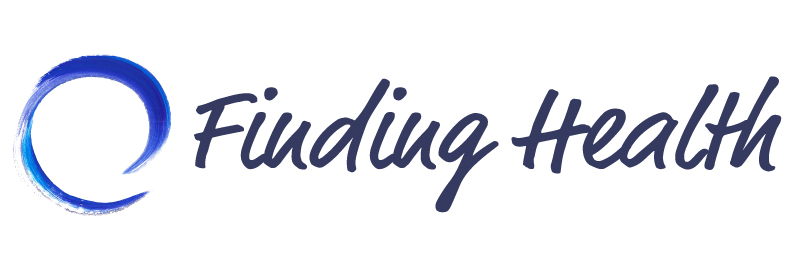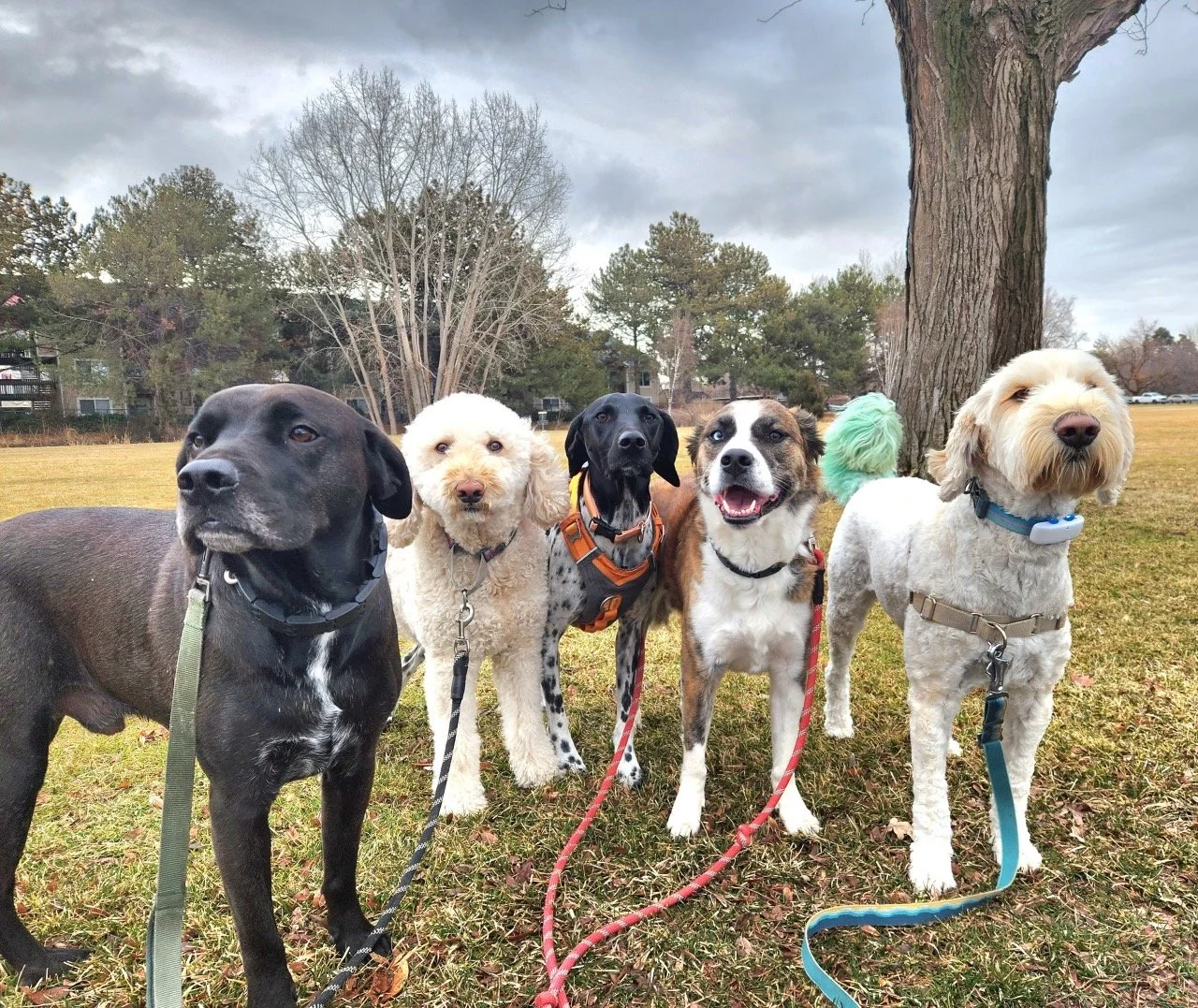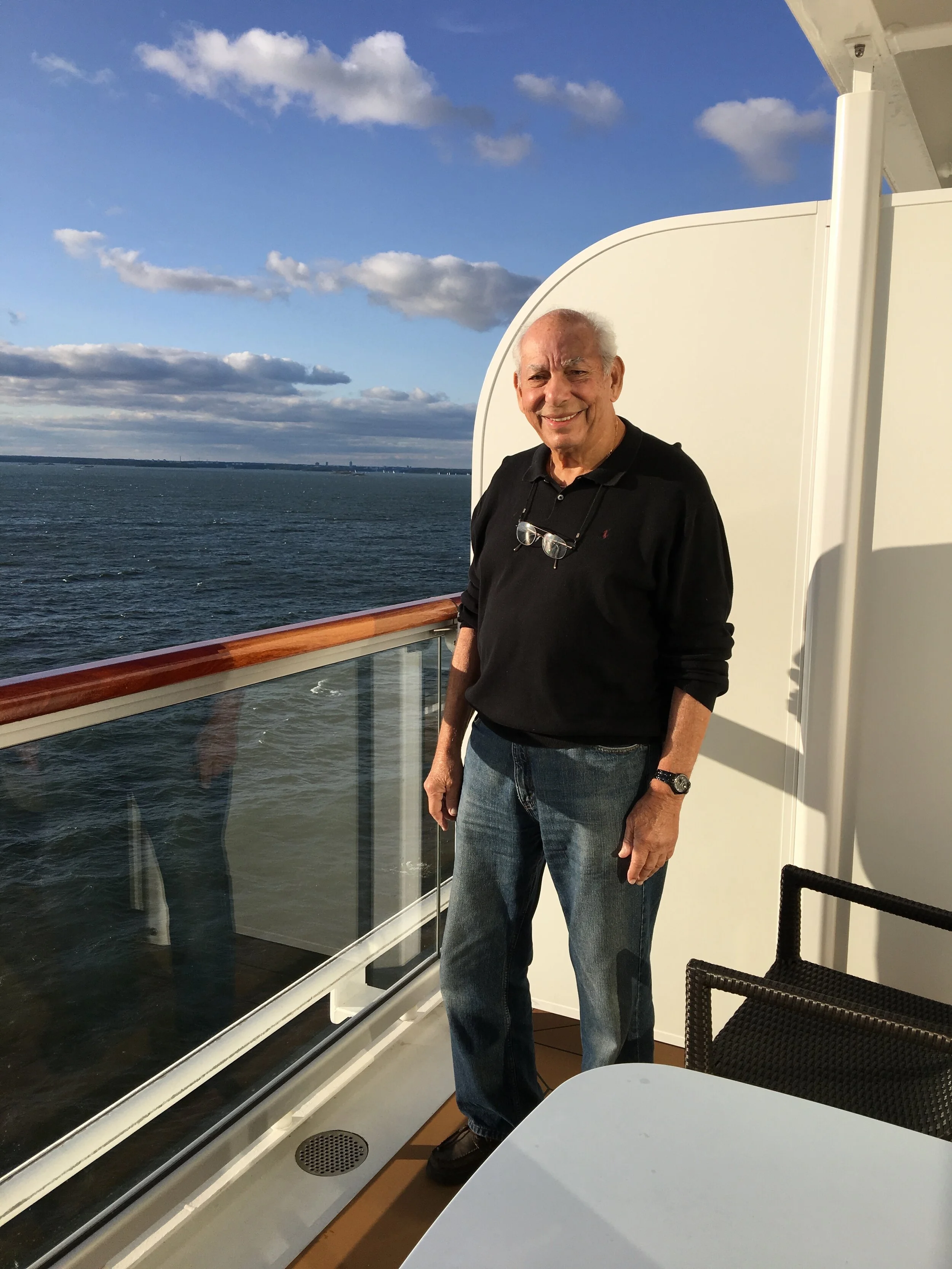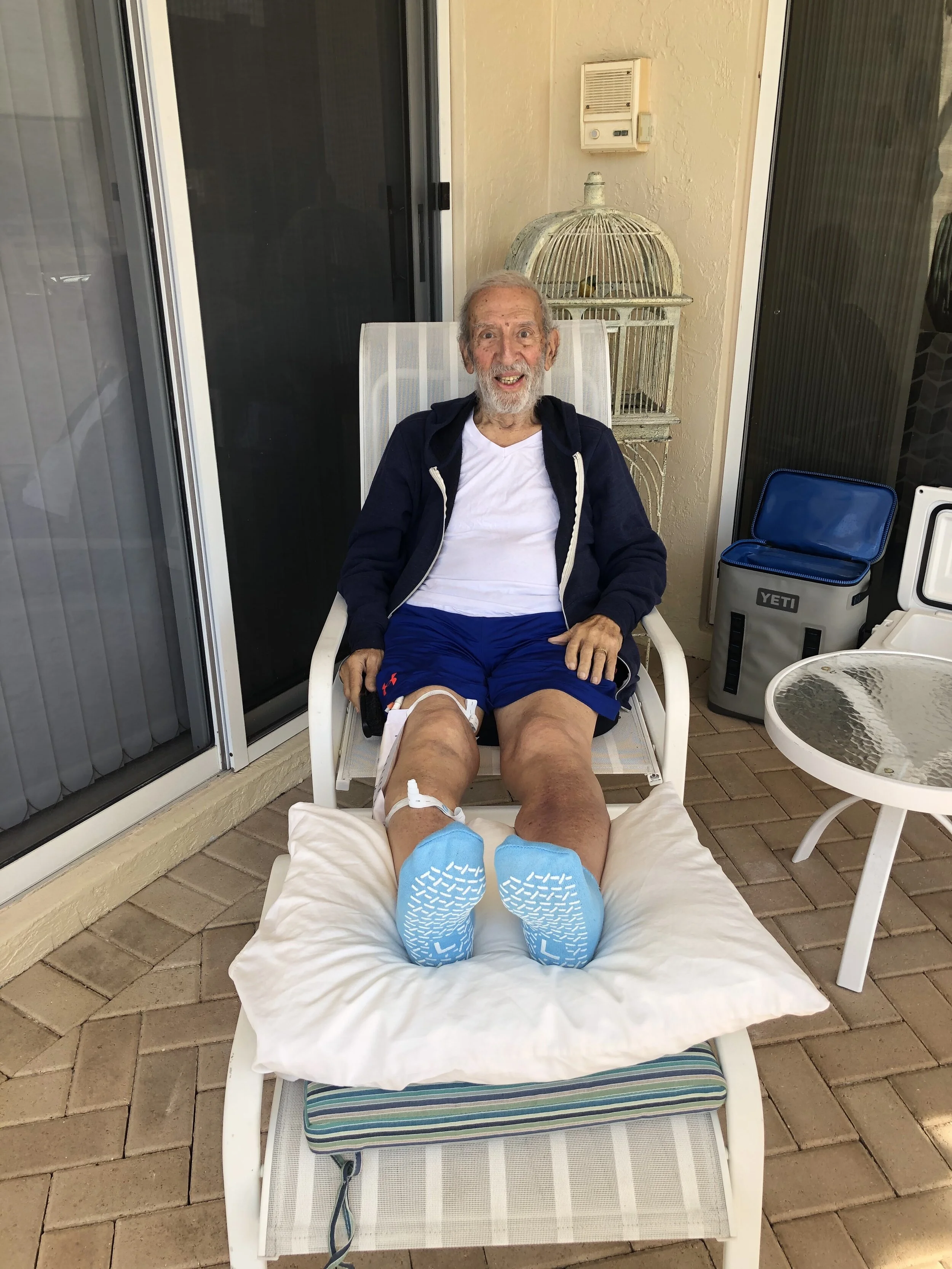Backbends and Blueberries
/“Within every patient there resides a doctor, and we as physicians are at our best when we we put our patients in touch with the doctor inside themselves.”
As she threw her hands over her head, effortlessly folding her tiny body backwards and upside down to reach the floor, she looked up at me and exclaimed:
“Like this, Dr. Deb. This is the position that helps me feel better.”
“What else?” I asked.
Without hesitation, she jumped up on the treatment table, flopped onto her belly and rested her chin in her hands. After a moment or two of complete silence, she looked straight at me, as if to emphasize the seriousness of the situation, and announced: "I need rest!"
She paused for a minute, and then added enthusiastically: "And more fresh air!"
We sat together for a few hours, as I helped her tease out and express the stresses that may have been contributing to her frequent abdominal pain and anxiety, and learn from her what she felt she needed to feel better.
I learned that she missed playing quietly on her own, that the only place she felt calm at school was under the big oak tree near the horse farm, and that she and her friends had decided to raise their hands to speak with each other to avoid uncomfortable interruptions and excessive noise. I learned that she feels better when she drinks lemonade with blueberries and that most of her outfits feel too tight on her body.
I examined her and provided a hands-on osteopathic medical treatment, while sharing my observations with her. She was attentive and did not hesitate to add her ideas.
As she flipped around the office, exploring movements that helped her to breathe more fully and relax her chest and abdomen, we developed a plan. She agreed to wake up a half hour earlier on school days, sit outside with her books and toys and play by herself, heading inside to get ready for school once a quiet bell (that she chose) on her mom’s phone rang.
She decided that she would wear her loose and soft clothes to school and sit under the oak tree at lunch. She planned to make blueberry smoothies with lemon and a touch of fresh ginger in the mornings, and stop her least favorite activity after school.
The stomach problems that had kept her from attending school, and the subsequent conflict at home, abated, and her vitality and enthusiasm returned.
As a student in medical school, I learned the importance of asking questions to help patients best describe the details of their illness or injury. I was taught that the purpose of these questions was to help me reach a diagnosis and formulate a treatment plan for the patient.
It was not until I was in practice for many years, that I learned the value of asking patients to consider what they need to heal.
I am continually surprised and enlightened by the insights gleaned from this type of practice. Even when dealing with very serious illnesses, when I facilitate these types of discussions with patients, they offer unique and extremely detailed ideas.
When I asked a teenager who had been experiencing seizures and acne what adjustments were needed to enhance her health, she told me that she needed to add tangerines, fresh vegetables and blackberries to her diet, make time for a full body stretch on her tip toes when she gets out of bed each morning, include a few moments of conscious breathing when she goes to sleep at night, swim more often, and add adventure to her life.
When I notice that patients are reticent or confused by this practice, I suggest that they consider more specific questions:
Would you welcome a certain change in your daily routine or commitments to friends?"
What types of situations elicit feelings of fear or anxiety?
How do you show compassion to yourself?
Are there certain activities more pleasant and relaxing for you than for others?
I offer ideas from a medical perspective, and together, we create a flexible and individualized approach to enhance their health and well being. Patients become engaged and creative, developing their ability to notice and respond to the messages from their bodies, often with significant improvement.
I suggest to patients that they may want to consider what they need to heal when they awaken in the morning, or at the end of the day before heading to sleep. What foods would be most nourishing, what appointments might be better omitted or included, how much rest or movement is needed etc.? Alternatively, these questions can be considered when symptoms such as headaches or palpitations are being experienced, so that adjustments can be made as needed.
The answers change from day to day, and sometimes, from moment to moment, so learning to stay curious and becoming comfortable with change is part of the practice. As patients become more involved, they begin to practice listening for ways to nourish their health throughout the day, often texting me with realizations as they arise.
Enhancing health becomes a way of living, a continuous process of expanding awareness and welcoming new possibilities for healing, an exploration that I am grateful to be invited to share.








